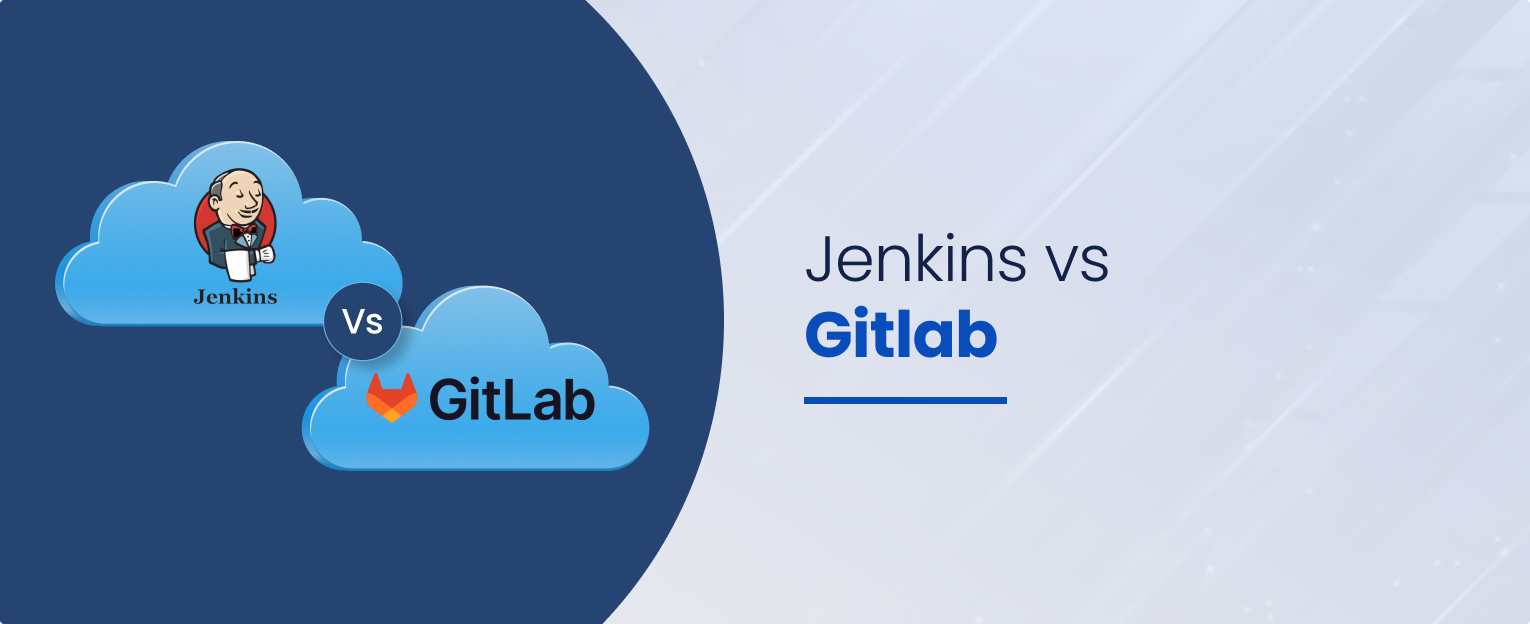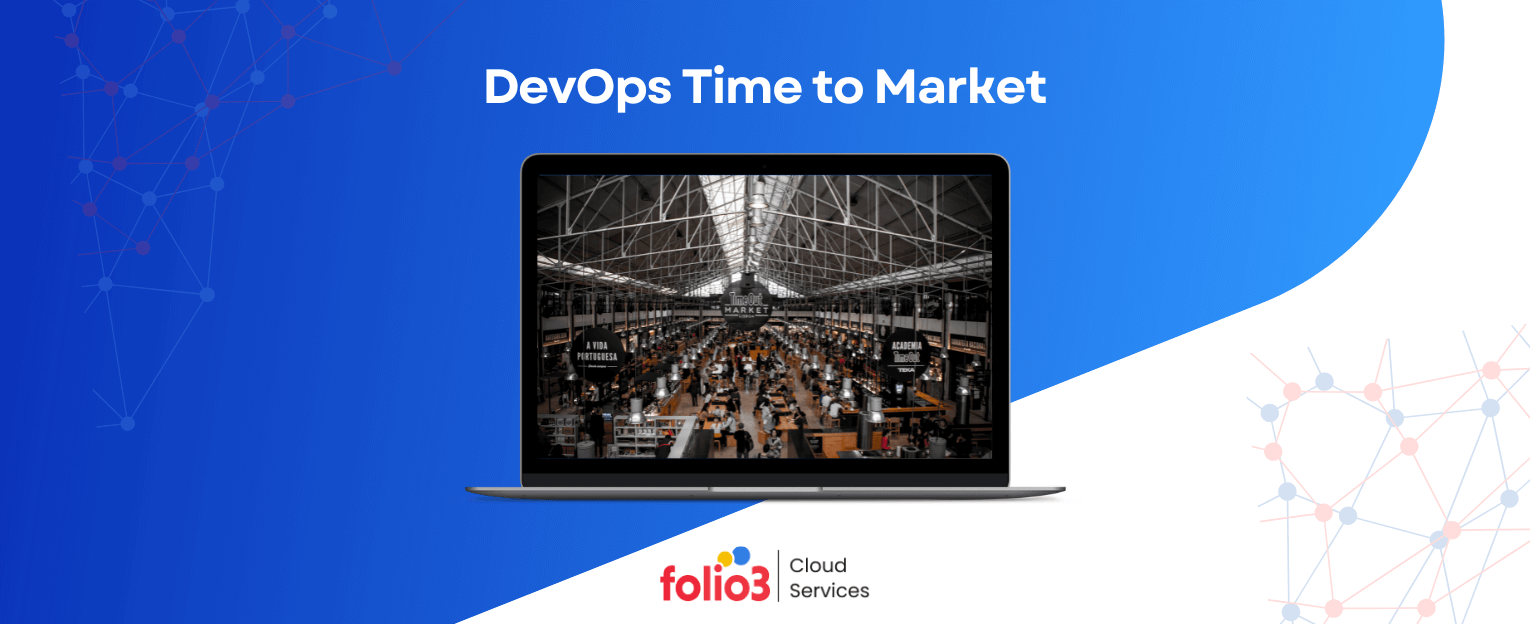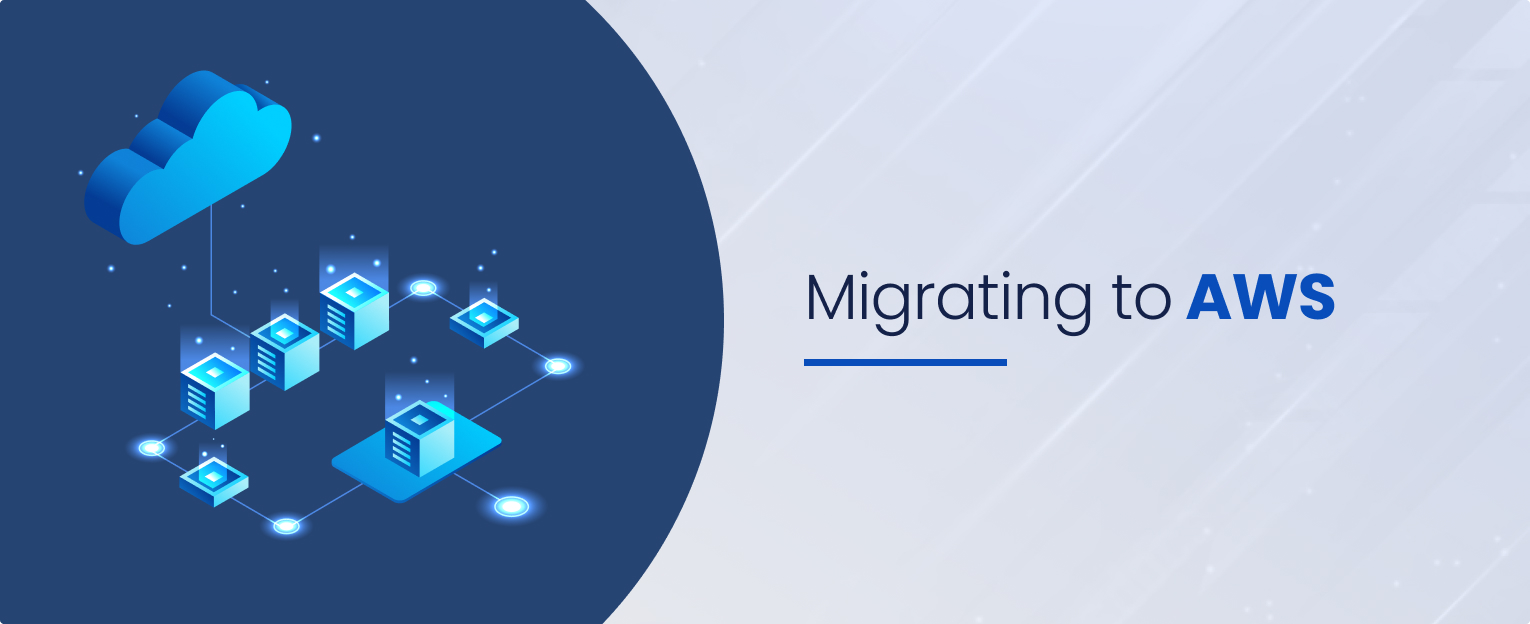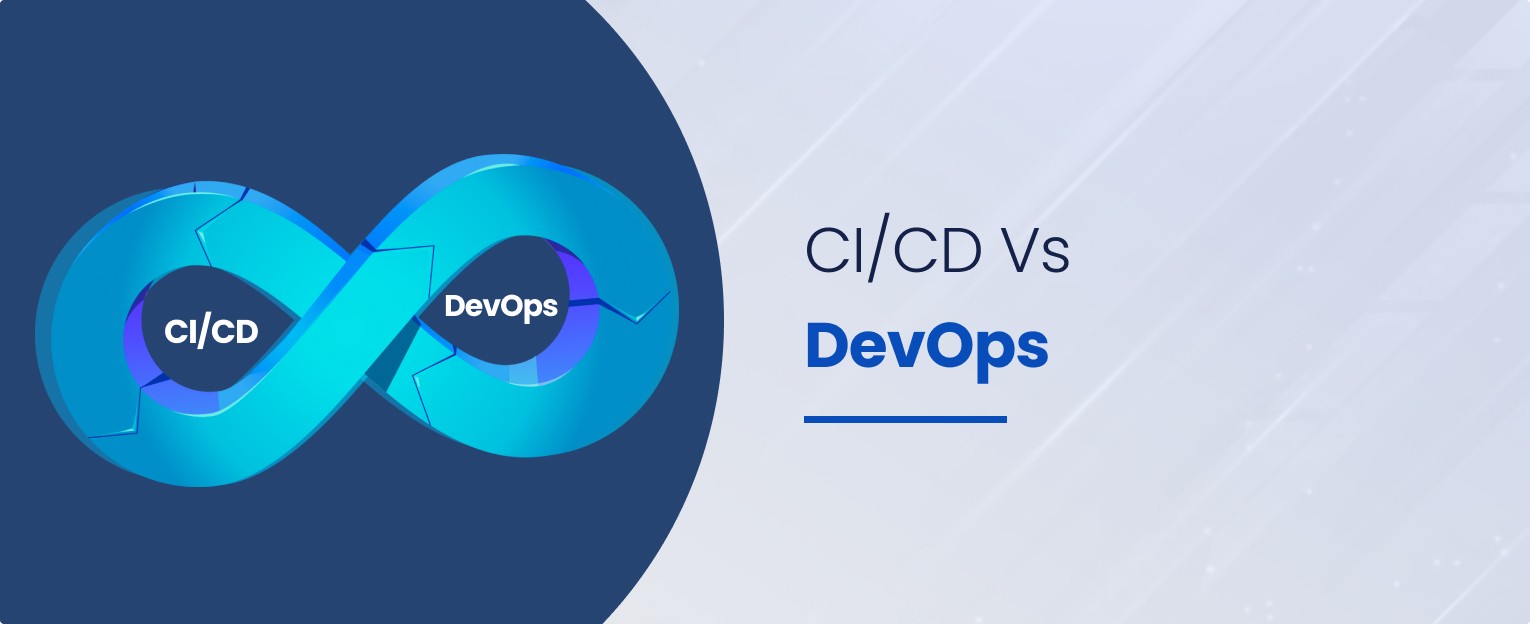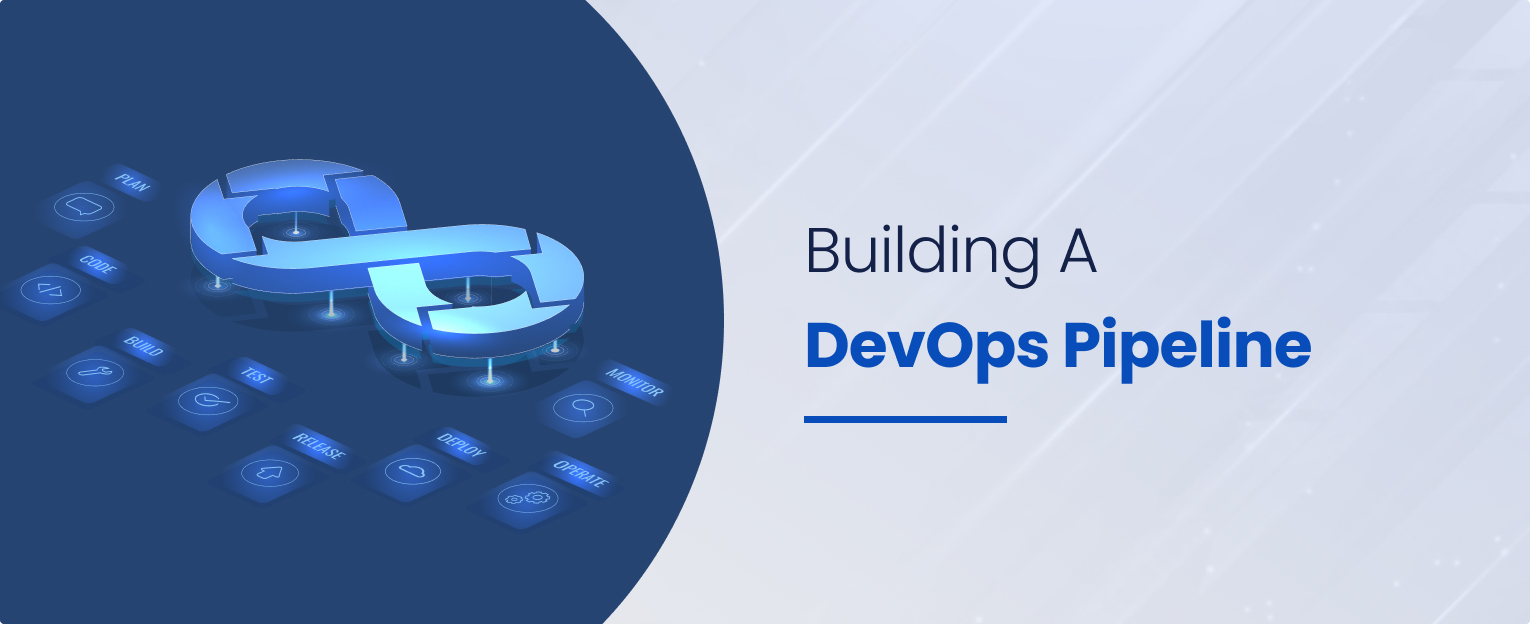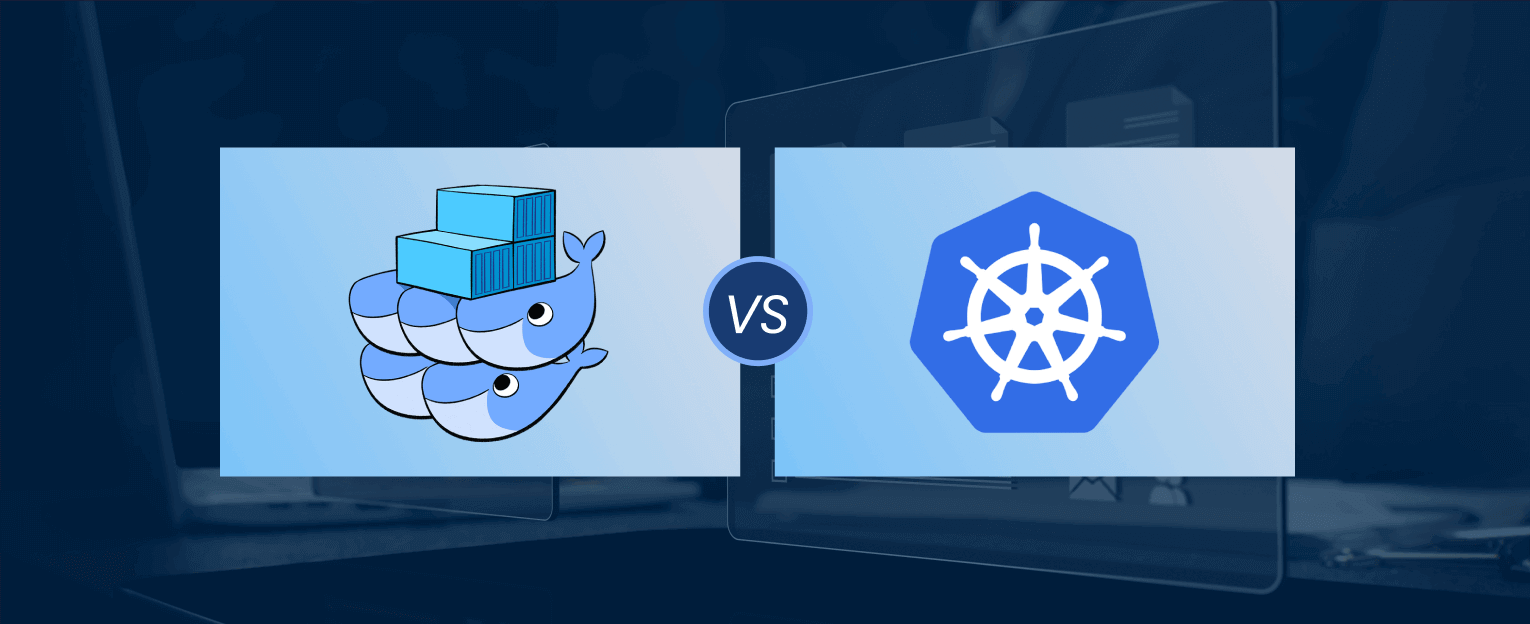Mastering the art of AWS DevOps is no longer a luxury but a necessity for organizations looking to stay ahead in the cloud game. We have created a complete and comprehensive guide where these organizations can learn about the best tactics to do that. Our guide will equip you with the knowledge and strategies to achieve seamless cloud operations and streamlined development.
Even if you’re a seasoned DevOps engineer or just starting your journey, this transformative guide explains the potential of Amazon Web Services (AWS) to help you enhance efficiency, innovation, and success for your cloud-based endeavors.
Let’s embark on the journey towards mastering DevOps AWS and realizing the true promise of the cloud.
Understanding the Role of DevOps in Modern Cloud Environments
You can say that the role of DevOps in modern cloud environments is essential. It is also multi-faceted and it plays a critical role in how organizations leverage cloud computing to achieve their goals.
Here are some key aspects of DevOps in modern cloud environments:
- Efficient Collaboration: DevOps fosters collaboration between development and operations teams. It breaks down traditional silos. Especially in the cloud, this collaboration is essential for efficiently managing resources, optimizing infrastructure, and delivering applications with agility.
- Automation: DevOps AWS principles emphasize the automation of manual and repetitive tasks. Automation is crucial for provisioning and scaling resources, ensuring consistency, and enabling rapid deployments. This automation accelerates software development and improves delivery processes.
- Continuous Integration and Continuous Delivery (CI/CD): DevOps promotes CI/CD practices, which automate and streamline the software development pipeline. CI/CD is vital for releasing updates and features quickly and reliably, allowing organizations to respond swiftly to changing customer demands.
- Infrastructure as Code (IaC): IaC is a DevOps practice that treats infrastructure provisioning and management as code. For the modern cloud, where infrastructure can be dynamically scaled up or down, IaC ensures that infrastructure configurations are consistent, versioned, and easily reproducible.
- Security and Compliance: DevOps integrates security practices into the development lifecycle (“DevSecOps“). Cloud environments require data security and compliance, and DevOps ensures that security measures are proactive and continuous. It protects cloud assets and maintains regulatory compliance.
Learn how DevOps consulting services empower organizations and unlock a world of opportunities.
Enhancing Collaboration Between Development and Operations Teams
One of the features of AWS DevOps services is their ability to enhance collaboration between traditionally distinct development and operations teams. By breaking down silos and encouraging open communication, DevOps AWS ensures that teams work harmoniously towards common objectives. In the context of AWS cloud management, this collaborative synergy is particularly valuable. It enables seamless coordination in managing cloud resources, optimizing infrastructure, and deploying applications. This newfound collaboration equips your business with the agility needed to navigate the dynamic landscape of cloud computing effectively.

Ready to Optimize Your DevOps Strategy?
Enhance your development and operations with our expert DevOps consulting services.
Accelerating Time-to-Market with Continuous Integration and Deployment
In AWS DevOps, Continuous Integration and Continuous Deployment (CI/CD) take center stage. These practices automate and streamline the software development pipeline, enabling organizations to release updates and features rapidly and reliably. This acceleration in the delivery process translates to reduced time-to-market for your applications. AWS DevOps services ensure your business can respond swiftly to evolving customer demands and market shifts. It provides a competitive edge that’s invaluable in today’s digital-first landscape.
Scaling Applications Seamlessly with Automation and IaC
The dynamic nature of the cloud demands efficient and automated scalability. AWS DevOps excels in this arena by championing automation principles and Infrastructure as Code (IaC). Automation makes it possible to provision and manage cloud resources effortlessly, ensuring consistency and rapid scaling. IaC treats infrastructure as code, enabling the versioning and reproducibility of infrastructure configurations. This approach proves invaluable in modern cloud environments, where the ability to scale applications seamlessly in response to demand fluctuations is a key driver of success.
Streamlining Development with AWS DevOps Tools
We delve into the arsenal of AWS DevOps tools that serve as the backbone of streamlined development processes. These tools enhance collaboration, automate workflows, and optimize infrastructure management.
Discovering the Backbone: Version Control and Collaboration Tools
- Utilizing Git and GitHub for Efficient Code Management: Git and platforms like GitHub have revolutionized code management and collaboration. These tools enable developers to work collaboratively and track changes. You can manage code repositories efficiently, fostering a culture of teamwork and innovation.
- Exploring AWS CodeCommit for Secure Source Control: AWS CodeCommit provides a secure and scalable alternative for source code management within the AWS ecosystem. We’ll delve into its features and advantages, highlighting its integration with other AWS services and its role in ensuring code security and compliance.
Navigating the CI/CD Landscape: AWS CodePipeline and Beyond
- Creating Reliable CI/CD Pipelines with AWS CodePipeline: AWS CodePipeline is at the heart of continuous integration and continuous delivery (CI/CD) in the AWS environment. We’ll uncover how CodePipeline simplifies the creation of automated pipelines, allowing for the swift and dependable delivery of code changes from development to production.
- Leveraging AWS CodeBuild and CodeDeploy for Effortless Deployments: AWS CodeBuild and CodeDeploy complement CodePipeline by automating the build and deployment processes. We’ll explore how these services enable organizations to deploy applications seamlessly, maintain consistency, and ensure reliability in their release cycles.
Infrastructure as Code: Turning Manual Tasks into Automated Workflows
- Harnessing the Power of AWS CloudFormation for Infrastructure Automation: AWS CloudFormation empowers organizations to automate infrastructure provisioning and management through code templates. We’ll delve into how CloudFormation simplifies the creation and maintenance of AWS resources, optimizing the infrastructure-as-code (IaC) approach.
- Advantages of Terraform in Defining and Managing Infrastructure: Terraform, a popular IaC tool, offers flexibility and multi-cloud support. We’ll explore the benefits of AWS and using Terraform to define and manage infrastructure resources across various cloud providers, showcasing its role in achieving infrastructure automation at scale.
As you can see, AWS DevOps services offer tools that drive development efficiency, code reliability, and infrastructure automation within the AWS cloud ecosystem. Each tool discussed plays a crucial role in streamlining development workflows and ensuring that your applications and infrastructure are consistently managed and optimized.
Balancing Agility and Stability with AWS DevOps Best Practices
AWS DevOps best practices enable organizations to strike a harmonious balance between agility and stability in their software development and deployment processes. In order to strike a perfect balance, you should be aware of the differences between DevOps and agile.
Building a Robust CI/CD Pipeline for Swift and Safe Deployments
- Designing Pipeline Stages for Comprehensive Testing: A resilient CI/CD pipeline hinges on thorough testing. We’ll delve into the design of CI/CD pipeline stages, including unit testing, integration testing, and user acceptance testing. These stages ensure that code changes are rigorously validated before deployment, minimizing the risk of issues in production.
- Employing Canary Deployments and Blue-Green Strategies: Canary deployments and blue-green strategies are powerful techniques for minimizing deployment risks. We’ll explore how these approaches allow organizations to roll out new features or updates gradually and monitor their impact before full deployment, ensuring a smoother and safer release process.
Monitoring and Insights: Gaining Visibility into Your AWS Environment
- Implementing Effective Monitoring with Amazon CloudWatch: Amazon CloudWatch is a cornerstone of AWS monitoring. We’ll discuss best practices for setting up comprehensive monitoring, creating custom dashboards, and configuring alarms. This enables organizations to gain real-time insights into their AWS environment, facilitating proactive issue identification and resolution.
- Tracing and Diagnosing Issues Using AWS X-Ray: AWS X-Ray provides essential AWS tools for tracing and diagnosing performance bottlenecks and issues within microservices applications. We’ll explore how X-Ray helps organizations pinpoint the root causes of problems, optimize application performance, and enhance the end-user experience.
Ensuring Security and Compliance in Your DevOps Workflow
- Integrating IAM Best Practices for Granular Access Control: Identity and Access Management (IAM) plays a crucial role in DevOps security. We’ll highlight IAM best practices for granular access control, ensuring that only authorized personnel can make changes to AWS resources. This enhances security and aligns with compliance requirements.
- Safeguarding Sensitive Data with AWS Secrets Manager: Protecting sensitive data is paramount in DevOps workflows. We’ll explore how AWS Secrets Manager simplifies the management of secrets and credentials, promoting secure storage and rotation. This safeguards sensitive information and ensures compliance with data protection regulations.
By incorporating these AWS DevOps best practices, your organization can achieve a delicate equilibrium between agility and stability. Swift and safe deployments, coupled with robust monitoring and security measures, will empower your DevOps teams to deliver high-quality software with confidence. We hope that you are now equipped with the knowledge and configuration tools needed to implement these best practices effectively within your AWS DevOps workflows.
Your Journey Towards AWS DevOps Excellence
As you embark on your journey towards AWS DevOps excellence, this section serves as a guiding beacon, offering tailored support and practical advice to propel your efforts forward.
A. Have Questions or Need Tailored Advice?
- Our Experts Are Here to Address Your Specific Concerns: Navigating the world of AWS DevOps can raise unique questions and challenges. In this subsection, we emphasize that you don’t have to tread this path alone. Our team of experts is readily available to address your specific concerns, offering insights and guidance tailored to your organization’s needs. Whether you seek clarification on technical nuances or strategic advice, our experts are here to ensure you have the support necessary to succeed.
B. Ready to Take the Next Step? Practical Tips for Implementation
- Identifying Quick Wins to Start Your AWS DevOps Adoption: Initiating your AWS DevOps journey doesn’t have to be a monumental leap. We provide practical tips for identifying quick wins—small, achievable steps that yield significant improvements. These quick wins serve as catalysts for your DevOps adoption, demonstrating the immediate benefits of DevOps practices to your organization.
- Mapping Out a Roadmap for Gradual Transformation: Implementing AWS DevOps is a journey, not a sprint. We guide you through the process of mapping out a roadmap for gradual transformation. By setting clear milestones, prioritizing initiatives, and aligning them with your organization’s objectives, you can ensure a structured and sustainable approach to AWS DevOps adoption.
In this final section, we reaffirm our commitment to supporting your AWS DevOps endeavors. Whether you’re seeking personalized advice, looking to kickstart your journey with quick wins, or aiming for a comprehensive transformation, we’re here to facilitate your pursuit of AWS DevOps excellence. With the right guidance and a strategic approach, you can harness the full potential of AWS DevOps to elevate your organization’s capabilities and achieve remarkable success in the dynamic world of cloud computing.
Conclusion: Elevate Your Cloud Operations with AWS DevOps
As we reach the culmination of our exploration into AWS DevOps, it’s time to reflect on the transformative value it brings to your cloud strategy and encourage you to embrace these principles for enhanced efficiency. Additionally, we provide you with recommended resources to continue your journey of learning and growth in the world of AWS DevOps.
A. Recap of the Value AWS DevOps Brings to Your Cloud Strategy
In this section, we recap the manifold benefits AWS DevOps offers to your cloud strategy. From accelerating time-to-market to ensuring security and compliance, AWS DevOps has proven itself as a pivotal force for elevating your cloud operations. We reiterate the value of efficient collaboration, automation, and robust CI/CD pipelines, showcasing how these elements can drive innovation and success in the dynamic cloud landscape.
B. Encouragement to Embrace DevOps Principles for Enhanced Efficiency
We encourage you to wholeheartedly embrace DevOps principles in your organization. DevOps is not merely a methodology; it’s a culture that fosters agility, collaboration, and continuous improvement. By cultivating a DevOps mindset and integrating its practices into your workflows, you empower your teams to work harmoniously, respond to change swiftly and optimize your cloud operations for the best possible outcomes.
C. Stay Informed and Keep Learning: Recommended Resources for Your Journey
To aid you in your ongoing journey of AWS DevOps mastery, we provide a curated list of recommended resources. These resources encompass articles, books, online courses, and communities dedicated to AWS DevOps.
List of resources related to DevOps:
This is one go-to resource for learning all about DevOps management, operations, and challenges. Anyone who is looking to up their skills should read this book.
AWS is not the only DevOps cloud management platform but it is the biggest one. The DevOps handbook sheds light on how to use AWS cloud tools for epic management and flawless cloud operations.
The DevOps for Dummies handbook offers guidelines for anyone who is trying to enter DevOps and cloud management. It offers both – beginner pathways and expert-level guidance for readers.
Whether you’re a novice looking to build foundational knowledge or a seasoned practitioner seeking advanced insights, these resources offer a wealth of information and opportunities to stay informed and continually expand your expertise.
Bottom-line
In conclusion, AWS DevOps stands as a powerful catalyst for achieving excellence in cloud operations. Its principles and practices have the potential to revolutionize the way you approach software development, infrastructure management, and agility in the cloud. We encourage you to embark on this transformative journey, armed with the knowledge, tools, and commitment to leverage AWS DevOps for the advancement of your organization’s cloud strategy. With AWS DevOps, the possibilities are limitless, and your cloud operations can reach new heights of efficiency and innovation.
- Frequently Asked Questions
Q1. What is the meaning of DevOps implementation?
DevOps implementation refers to integrating development and operations teams and their workflows to achieve faster deployments, improved software quality, and greater agility.
Q2. How do you implement a DevOps process?
STo implement DevOps, showcase the vision, create a strategic plan, use containerization, integrate CI/CD, automate testing, and continuously monitor and improve processes for enhanced collaboration and efficiency.
Q3. What’s the best strategy for implementing DevOps?
There’s no one-size-fits-all answer, but the key lies in tailoring the approach to your needs. The strategies outlined in this blog provide a solid foundation upon which to build.
Q4. What is the correct sequence for implementing DevOps?
The correct sequence for implementing DevOps includes showcasing the vision, creating a strategic plan, containerizing applications, integrating CI/CD, automating testing, and continuously monitoring and improving processes.

Ready to Optimize Your DevOps Strategy?
Enhance your development and operations with our expert DevOps consulting services.



